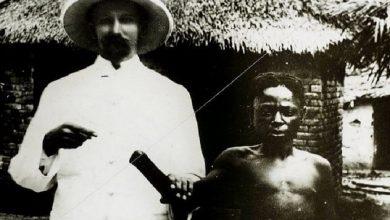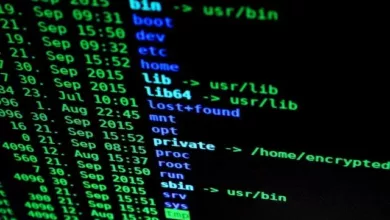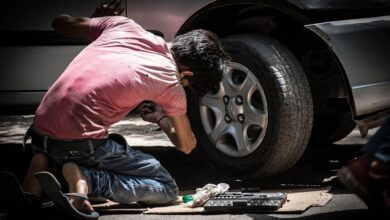Burundi-UN: Security Council divided on the way forward

Four days after the adoption of a constitutional reform that could allow President Nkurunziza to remain fourteen years more at the helm of Burundian power, the Security Council met yesterday on this crisis.
UN Special Envoy Michel Kafando has called for the resumption of the inter-Burundian dialogue, the only way, according to him, to put an end to the crisis that the country has been going through since 2015. But the diplomats appeared deeply divided on how to stabilize the country.
According to RFI correspondent in New York, Marie Bourreau
Is the political crisis in Burundi still a threat to peace and international security? “Yes,” replied European members of the Security Council, who argued that the referendum held in the country was contrary to the Arusha peace agreement and thereby promoted a risk of security degradation of the situation.
Weight supports
But Bujumbura has strong support in the Council, including Russia and China, two permanent members with veto power. Moscow insisted that Burundi should no longer be on the agenda of the Security Council but in the hands of UN specialized agencies. China, Bolivia and Equatorial Guinea all underlined the sovereign right of Bujumbura to hold a referendum.
Insufficient pressure
For international organizations closely monitoring the Burundian issue, international pressure is very weak and Burundi remains a threat to the security of the region, but also to the credibility of the African Union and the United Nations. Because it is the lack, according to them, of consensus in the Security Council which has allowed President Nkurunziza to remain the master of the future of his country.




